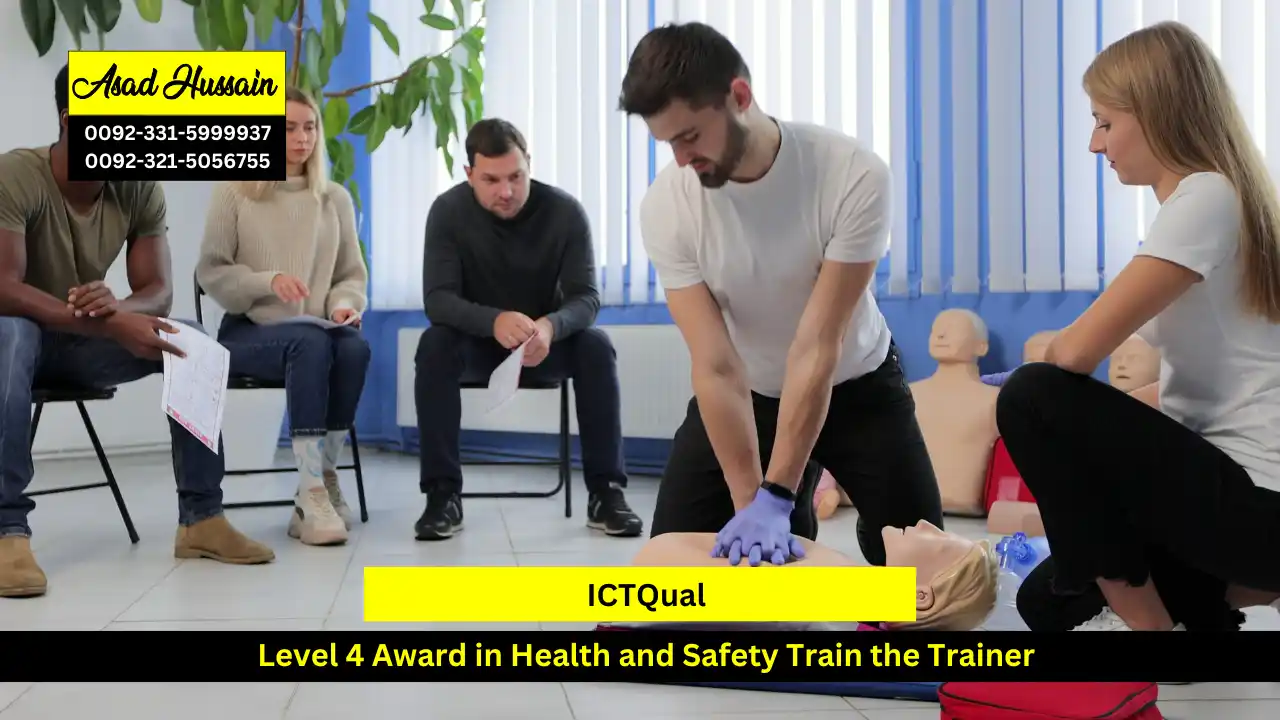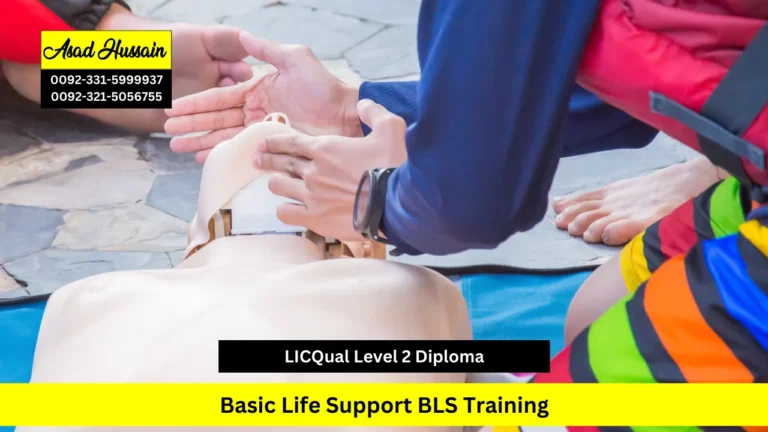In an era where natural disasters, pandemics, and man-made crises are increasingly frequent, the need for effective disaster management has never been more critical. The Level 5 International Diploma in Disaster Management offers an in-depth education that prepares individuals to respond to, manage, and mitigate the impacts of such events. This diploma is designed for those who wish to make a significant difference in the world by ensuring communities are prepared for and resilient to disasters.
The diploma is often delivered through a mix of lectures, case studies, practical exercises, and simulations. This combination ensures that students not only gain theoretical knowledge but also practical skills that are essential in real-world disaster scenarios.
The Level 5 International Diploma in Disaster Management is more than just a qualification it is a commitment to helping communities prepare for, respond to, and recover from disasters. By equipping students with the necessary skills and knowledge, this diploma enables them to play a pivotal role in disaster management efforts worldwide. Whether you are looking to advance your career or make a meaningful impact, this diploma offers the tools and opportunities to achieve those goals.
Program Highlights
Mandatory Units
- Unit 1. Disaster Management – Theory and Application.
- Unit 2. Disaster, Crisis, and Emergency Preparedness Communication.
- Unit 3. Risk Perception Awareness in Disaster Management.
- Unit 4. Gender inclusive Disaster Management: A non-discriminatory approach.
- Unit 5. Foundations of Research.
- Unit 6. Sustainable Disaster Recovery: Operationalizing an Existing Agenda.
To enroll in the Level 5 International Diploma in Disaster Management, prospective students must meet the following entry requirements:
- Educational Qualifications:
- Applicants should typically hold a high school diploma or its equivalent (e.g., GED).
- Some institutions may require applicants to have completed relevant undergraduate coursework in fields such as emergency management, public administration, environmental science, or related disciplines.
- Work Experience:
- While not always mandatory, relevant work experience in fields such as emergency services, humanitarian aid, healthcare, environmental management, or public safety may be beneficial.
- Experience demonstrating a commitment to community service or disaster response activities is also valued.
- Language Proficiency:
- Proficiency in the language of instruction (usually English) is essential. Applicants may be required to provide proof of language proficiency through standardized tests like IELTS or TOEFL, especially if their primary language is not English.
- Additional Requirements:
- Each institution offering the diploma may have specific additional requirements, such as a personal statement outlining reasons for applying, letters of recommendation, or an interview.
- Age and Legal Requirements:
- Applicants must meet any age requirements stipulated by the institution.
- They must also comply with any legal requirements, such as visas or permits if studying in a country other than their own.
- Commitment to Learning:
- A strong commitment to learning about disaster management, helping communities in crisis, and contributing positively to society is essential.
Disaster Management – Theory and Application
- Understanding Key Concepts: Demonstrate a thorough understanding of fundamental disaster management theories and their practical applications.
- Implementation Strategies: Develop strategies for implementing disaster management plans in various scenarios.
- Assessment and Analysis: Critically analyze past disasters to identify best practices and areas for improvement.
- Problem-Solving Skills: Apply theoretical knowledge to solve complex disaster management problems.
Disaster, Crisis, and Emergency Preparedness Communication
- Communication Techniques: Master effective communication techniques for disaster, crisis, and emergency situations.
- Public Information Dissemination: Develop strategies for disseminating information to the public during disasters.
- Media Relations: Manage media relations to ensure accurate and timely information flow.
- Crisis Communication Plans: Create and implement crisis communication plans tailored to specific disaster scenarios.
Risk Perception Awareness in Disaster Management
- Risk Perception Theories: Understand and explain theories related to risk perception in the context of disaster management.
- Behavioral Insights: Analyze how individual and community risk perceptions influence disaster preparedness and response.
- Awareness Programs: Design and implement risk perception awareness programs to improve community resilience.
- Evaluation Techniques: Assess the effectiveness of risk perception strategies and programs.
Gender-Inclusive Disaster Management: A Non-Discriminatory Approach
- Gender Sensitivity: Understand the importance of gender sensitivity in disaster management.
- Inclusive Planning: Develop disaster management plans that are inclusive of all genders and vulnerable groups.
- Policy Advocacy: Advocate for non-discriminatory policies and practices in disaster management.
- Case Studies: Analyze case studies to identify successful gender-inclusive disaster management practices.
Foundations of Research
- Research Methodologies: Understand various research methodologies relevant to disaster management.
- Data Collection and Analysis: Develop skills in collecting, analyzing, and interpreting data.
- Research Design: Design research projects that address key issues in disaster management.
- Critical Evaluation: Critically evaluate existing research and its application to disaster management practices.
Sustainable Disaster Recovery: Operationalizing an Existing Agenda
- Sustainability Principles: Understand principles of sustainability in the context of disaster recovery.
- Recovery Planning: Develop comprehensive recovery plans that incorporate sustainable practices.
- Operational Strategies: Implement operational strategies to achieve sustainable disaster recovery.
- Long-term Impact Assessment: Assess the long-term impacts of recovery efforts on communities and environments.
The Level 5 International Diploma in Disaster Management is designed for individuals who are passionate about making a positive impact in times of crisis. This course is ideal for aspiring and current professionals in fields such as emergency management, humanitarian aid, public administration, healthcare, environmental science, and public safety. It caters to those who seek to deepen their understanding of disaster preparedness, response, and recovery strategies on a global scale. Whether you are a recent high school graduate looking to specialize in disaster management or a seasoned professional aiming to enhance your skills and knowledge, this diploma equips you with the necessary tools to effectively mitigate risks, coordinate relief efforts, and contribute to building resilient communities worldwide.






